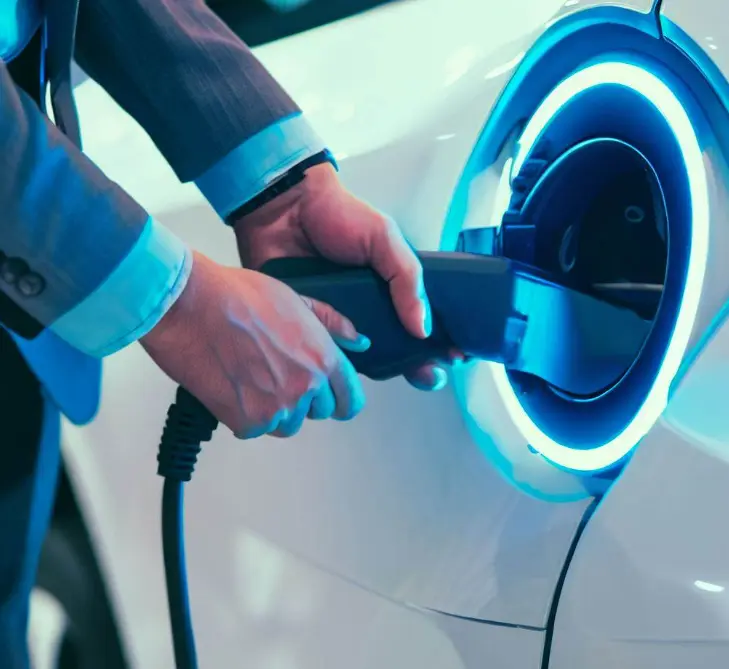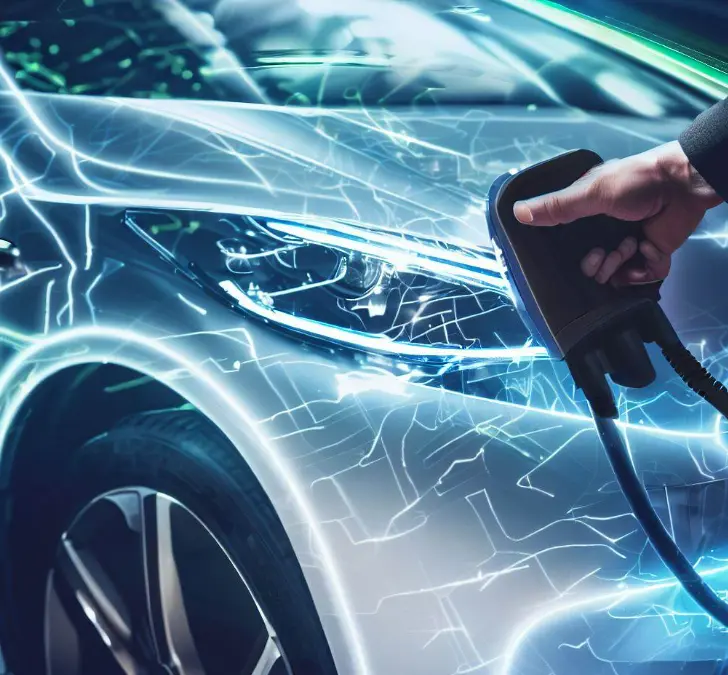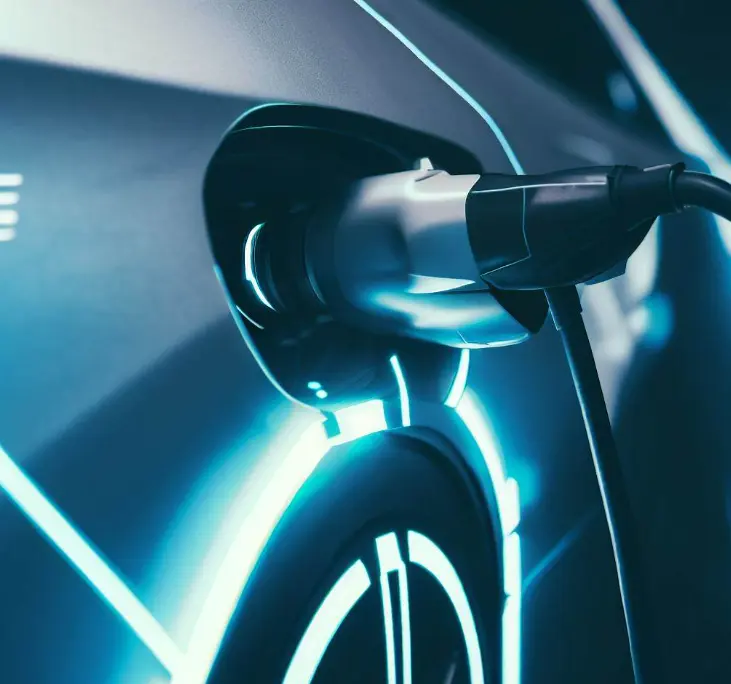Electric vehicles (EVs) are becoming increasingly popular, and hotels that want to attract modern, eco-conscious travelers need to consider installing EV charging stations. With the right planning and preparation, adding EV charging can benefit your hotel and guests. Follow this guide to successfully plan an EV charging station at your hotel.
Assess Your Hotel’s Needs
The first step is determining if EV charging aligns with your hotel’s brand, targets, and sustainability goals. Consider your location and typical guests—are they likely to own and travel with EVs? Check if competitors offer charging and research local demand.
Estimate how many charging ports you’ll need based on your parking spaces, room count, and projected utilization rates. Most hotels start small with 2-10 ports. Remember to account for future growth too.
 Survey your parking area to identify optimal spaces for EV chargers near electrical infrastructure while avoiding obstructions. Consider lighting, security cameras, and signage to make the area welcoming.
Survey your parking area to identify optimal spaces for EV chargers near electrical infrastructure while avoiding obstructions. Consider lighting, security cameras, and signage to make the area welcoming.
Choose Your Charging Stations
Once you’ve determined EV charging meets your hotel’s needs, the next step is selecting the right charging stations. Key factors include:
- Charging speed: Level 2 stations meet most guest needs, charging EVs in 4-8 hours. Level 3 DC fast chargers provide 80% charge in under an hour but are more expensive.
- Power output: Match your electrical system’s capacity—common outputs are 7.2kW or 11kW for Level 2.
- Connectors: J1772 is standard for Level 2, CCS/SAE for Level 3. Pick universal connectors compatible with all EVs.
- Networked vs stand-alone: Networked stations allow remote monitoring, access control, and payment processing through software.
- Future proofing: Ensure the stations support over-the-air updates.
- Budget: Prices range from $300 for simple Level 2 stations to $10,000+ for fast chargers before installation.
Choose a reputable manufacturer like ChargePoint, EVBox, or Tesla for commercial-grade reliability. Get quotes from multiple vendors to compare options. Consider bundled charging solutions including stations, software, maintenance, and even electricity.
Installing and Connecting Stations
Once you’ve purchased charging stations, it’s time to install and connect them.
If possible, engage an experienced electrician to install your EV chargers. They can ensure proper permitting, electrical load calculations, wiring, and connections to your electrical panel. Be sure to get the necessary permits and pass inspections.
For connecting stations, choose a networked solution. This allows dynamic access control, payment processing, monitoring, and other smart features through a central software platform. Open standards like OCPP allow combining charging hardware and software from different vendors into one unified network.
Consider running conduits to enable cost-effective expansion later. Also, install signage to clearly designate the EV charging area and direct guests.
Integrating Payment and Access
Your EV charging stations should integrate with your hotel’s payment and access control systems for maximum convenience.
- For payment, allow guests to charge directly to their room. This avoids credit card transaction fees.
- Enable keycard activation to only allow registered hotel guests to use the stations.
- Configure validation codes, QR codes, or RFID cards to trigger charging sessions.
- Implement rate limiting and idle fees to enforce charging policies and ensure charger availability.
The best option is choosing a networked charging platform that can integrate directly with your hotel’s property management system (PMS). This allows automated payment processing, billing to rooms, and credential validation for charging station access.

Policies and Pricing
Develop clear policies for EV charging station use to avoid confusion for staff and guests.
- Time limits, such as 2-4 hours per session, help ensure all guests can charge.
- Idle fees after a set time limit encourage promptly moving vehicles after charging.
- Prioritize valet parking of EVs at charging stations upon arrival.
- Post signage detailing charging policies, instructions, rates, and time limits.
For pricing, hotels typically charge 25 to 50 cents per kWh, which covers electricity costs. Additional fees offset hardware, installation, maintenance, and network costs. Avoid complex tiered pricing—simplicity is best. Make sure rates, terms, and network roaming fees (if applicable) are clearly communicated.
Promoting Your EV Charging Stations
Once installed, take steps to promote your EV charging stations to potential guests.
- List your hotel on apps like PlugShare, ChargeHub, Google Maps, Apple Maps, etc. to appear in station locator searches.
- Highlight charging amenities on your website, booking pages, and property overview.
- Create parking signage and lobby posters showcasing the new charging capability.
- Train staff to answer questions and guide guests to charging areas.
- Offer discounted rates or perks to attract EV drivers.
- Issue press releases and contact local media to announce the EV charging addition.
By properly implementing charging stations, your hotel can keep up with guest expectations, reduce environmental impact, and future-proof for the rise of EVs. Follow this guide to successfully plan an EV charging station from start to finish. Reach out to experienced EV charging providers for assistance evaluating options and rolling out charging at your property.

